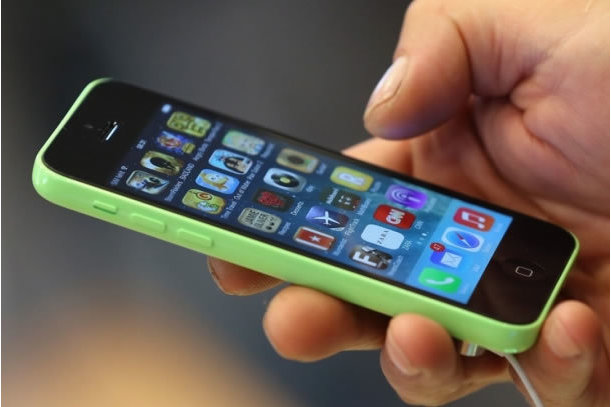Latest News
Mobile malware attacks affect 37.72% of mobile users in Nigeria

News Highlight
Nigeria ranked third globally among countries most affected by mobile malware in 2018.
The Mobile Malware Evolution 2018 report, released by Kaspersky Lab – a cybersecurity and anti-virus provider – shows that Nigeria ranked third globally among countries most affected by mobile malware in 2018.
According to a statement released on Thursday by Kaspersky, Nigeria and three other African countries made the list of top 10 countries by share of users attacked by mobile malware. As of January 2018, the Nigerian Communications Commission (NCC) reported that there are 146 million active mobile phone lines in Nigeria.
The top 10 countries by share of users attacked by mobile malware are Iran (44.24%), Bangladesh (42.98%), Nigeria (37.72%), India (36.08%), Algeria (35.06%), Indonesia (34.84%), Pakistan (32.62%), Tanzania (31.34%), Kenya (29.72%), and Philippines (26.81%).
According to the report, the number of attacks using malicious mobile software nearly doubled last year. Compared with 66.4 million mobile malware attacks recorded in 2017, 116.5 million attacks were recorded in 2018, with a significant increase in the number of unique users affected. In 2018, the number of unique users affected rose by 774,000 from the previous year to 9,895,774.
Among the threats encountered, the most significant growth was in the use of Trojan-Droppers, which increased from 8.63% to 17.21%. Trojan-Droppers are designed to bypass system protection and install malicious programs on users’ device; they include banking Trojans and ransomware. In 2018, 151,359 installation packages for mobile banking Trojans were detected, as well as a fivefold increase in attacks using malicious cryptocurrency miners.
Despite more devices being attacked, Kaspersky Lab researchers noted that the number of malware files has decreased, alluding to the fact that the quality of mobile malware has become more impactful and precise. As the world becomes mobile, the role of smartphones in businesses and day-to-day life is growing rapidly and in response, cybercriminals are optimising the distribution of malware and the attack vectors they use. Malicious programmes take advantage of users who do not have any security solutions installed on their phones.
“Over the course of the year, we observed new mobile device infection techniques, such as DNS hijacking, along with an increased focus on enhanced distribution schemes, like SMS spam,” said Victor Chebyshev, a security expert at Kaspersky Lab. “This trend demonstrates the growing need for mobile security solutions to be installed on smartphones – to protect users from device infection attempts, regardless of the source.”
In 2018, Chebyshev stated that Kaspersky Lab products protected 80,638 users in 150 countries against mobile ransomware, with 60,176 mobile ransomware Trojans samples detected.
The Kaspersky Lab researchers, therefore, advised that users can protect their devices in a number of ways, including installing mobile applications from official app stores, such as Google Play on Android devices or the App Store on iOS. Users must also ensure they block the installation of programmes from unknown sources; install system and application updates as soon as they are available; and use reliable security solutions for comprehensive protection from threats, such as Kaspersky Security Cloud.
Related News
Latest Blogs
- The Museum of West African Art saga
- The complexity and complication of Nigeria’s insecurity
- Between bold is wise and wise is bold
- Prospects of port community system in Nigeria’s maritime sector
- Constitutionalism must anchor discipline in Nigerian Armed Forces
Most Popular News
- NDIC pledges support towards financial system stability
- Artificial intelligence can help to reduce youth unemployment in Africa – ...
- Africa needs €240 billion in factoring volumes for SME-led transformation
- ChatGPT is now the most-downloaded app – report
- Green economy to surpass $7 trillion in annual value by 2030 – WEF
- CBN licences 82 bureaux de change under revised guidelines






